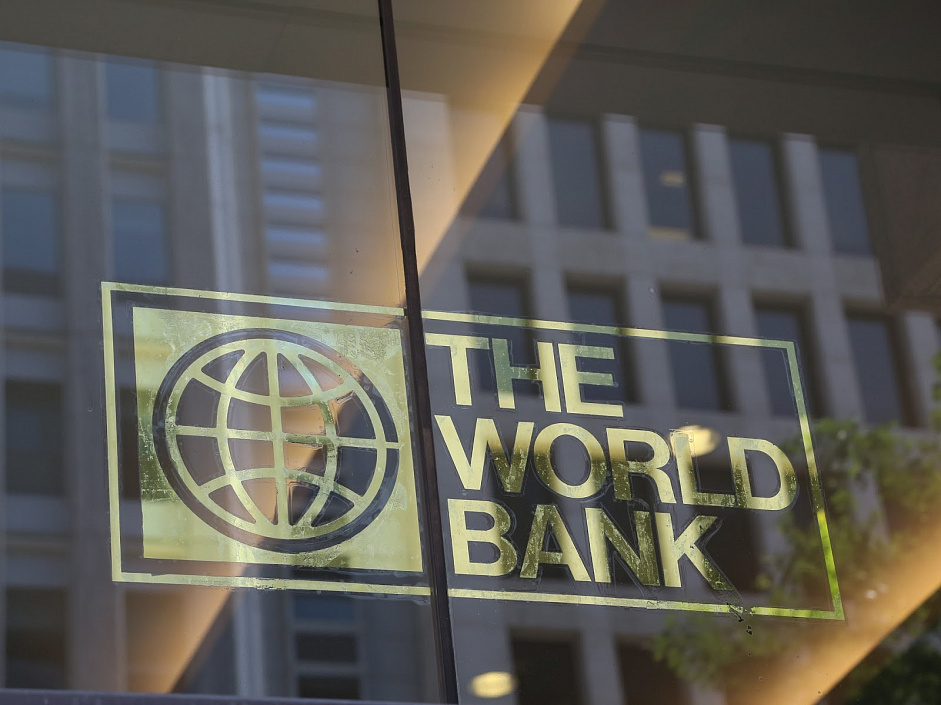Experience in implementing the Principles for Quality Infrastructure Investment (QII) was discussed at a strategy session about QII efficiency and governance. Organised by VEB.RF and the World Bank with support from the Russian Ministry of Finance, the event was attended online by representatives of G20 governmental authorities and development institutions responsible for infrastructure investment policy.
In his opening remarks, Pavel Snisorenko, Director of the Department for International Financial Relations, Ministry of Finance of the Russian Federation, noted the importance of infrastructure for economic development. “I would like to thank the co-organizers—VEB.RF and the World Bank—for joint work on such an important topic. Quality infrastructure investment is significant for both economic growth and well-being in general. The impacts of infrastructure investment are directly linked to its quality. Infrastructure investment was first included on the G20 agenda in 2013, during Russia’s presidency, and it has played a special role in the G20 agenda for the following seven years. We are now entering a new stage of this work,” Pavel Snisorenko said.
Endorsed by the G20 leaders in 2019, the Principles for Quality Infrastructure Investment include maximising the positive impact of infrastructure to achieve sustainable economic growth, integrating environmental and social considerations in infrastructure investments, building resilience against natural disasters and other significant risks, raising the economic efficiency of projects and strengthening infrastructure governance. “Raising economic efficiency in view of life-cycle costs, along with strengthening infrastructure investment governance, is very important. Our discussion will focus on these aspects today. I believe today’s strategy session offers a great opportunity for the World Bank and VEB.RF to share their experience of achieving the quality of infrastructure investment that we all need,” Paul Snisorenko said.
According to the World Bank’s Country Director for the Russian Federation Renaud Seligmann, infrastructure is a driver of sustainable and inclusive growth. “All over the world, it is increasingly understood that sustainability is important in the area of investment and finance, and we see a substantially higher demand for sustainable investment compliant with environmental standards and consistent with social goals. Social considerations are becoming as important as increased resilience against risks,” he said. As he emphasised, vigorous efforts to implement the QII principles are made not only within the G20, but also on a bilateral basis. “The exchange of knowledge is very active: we learn and allow our experience to be learnt. I’m very glad both the Russian Ministry of Finance and VEB.RF are our reliable partners in this collaboration,” Renaud Seligmann said.
According to VEB.RF’s Deputy Chairperson and Member of the Board Svetlana Yachevskaya, infrastructure is the key driver of economic growth. “Quality infrastructure investment is primarily an opportunity to improve well-being. It’s an important track of G20, and we are active in supporting its implementation. Today, the role of quality infrastructure can hardly be overestimated. Here at VEB.RF, we are involved in the introduction of best practices in the area of quality infrastructure investment,” Svetlana Yachevskaya said.
National QII methodologies are currently in place in many countries, and Russia is actively going in the same direction. “VEB.RF, together with the National PPP Development Center and AECOM, supported by the Ministry of Finance, is active in working on Russia’s national infrastructure project assessment and certification system. We also receive substantial support from domestic and international experts. This methodology—Impact and Responsible Investing for Infrastructure Sustainability (IRIIS)—assesses the most important aspects: economic, environmental, social. And we are already preparing to test it on pilot projects,” Svetlana Yachevskaya said.
The World Bank’s Program Leader for the Russian Federation Christopher Miller said: “We [at the World Bank] are waiting with great interest to see Russia’s project assessment methodology. The World Bank is ready to consider using this system in Eurasian countries.”

